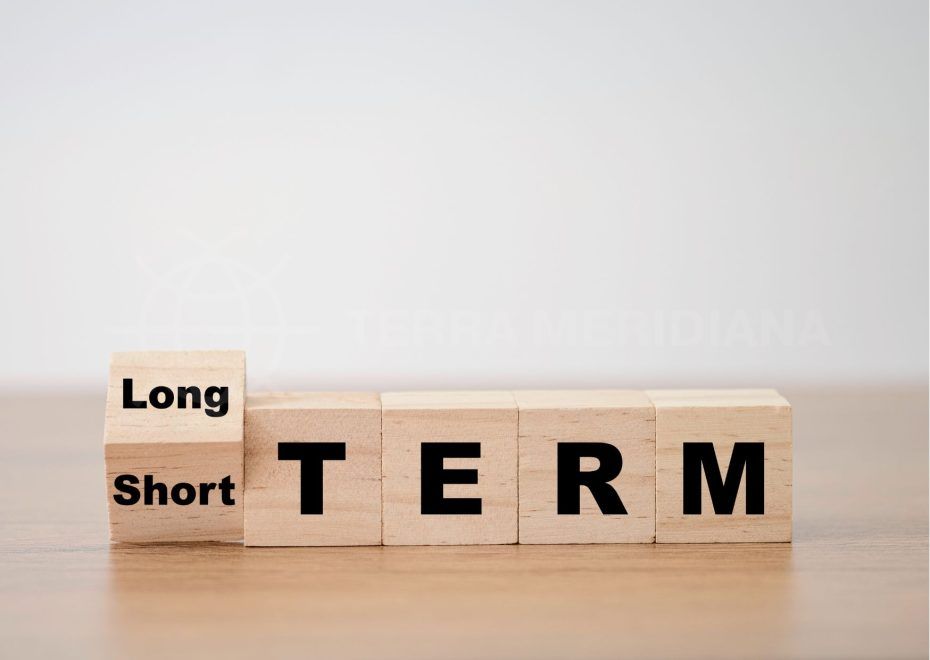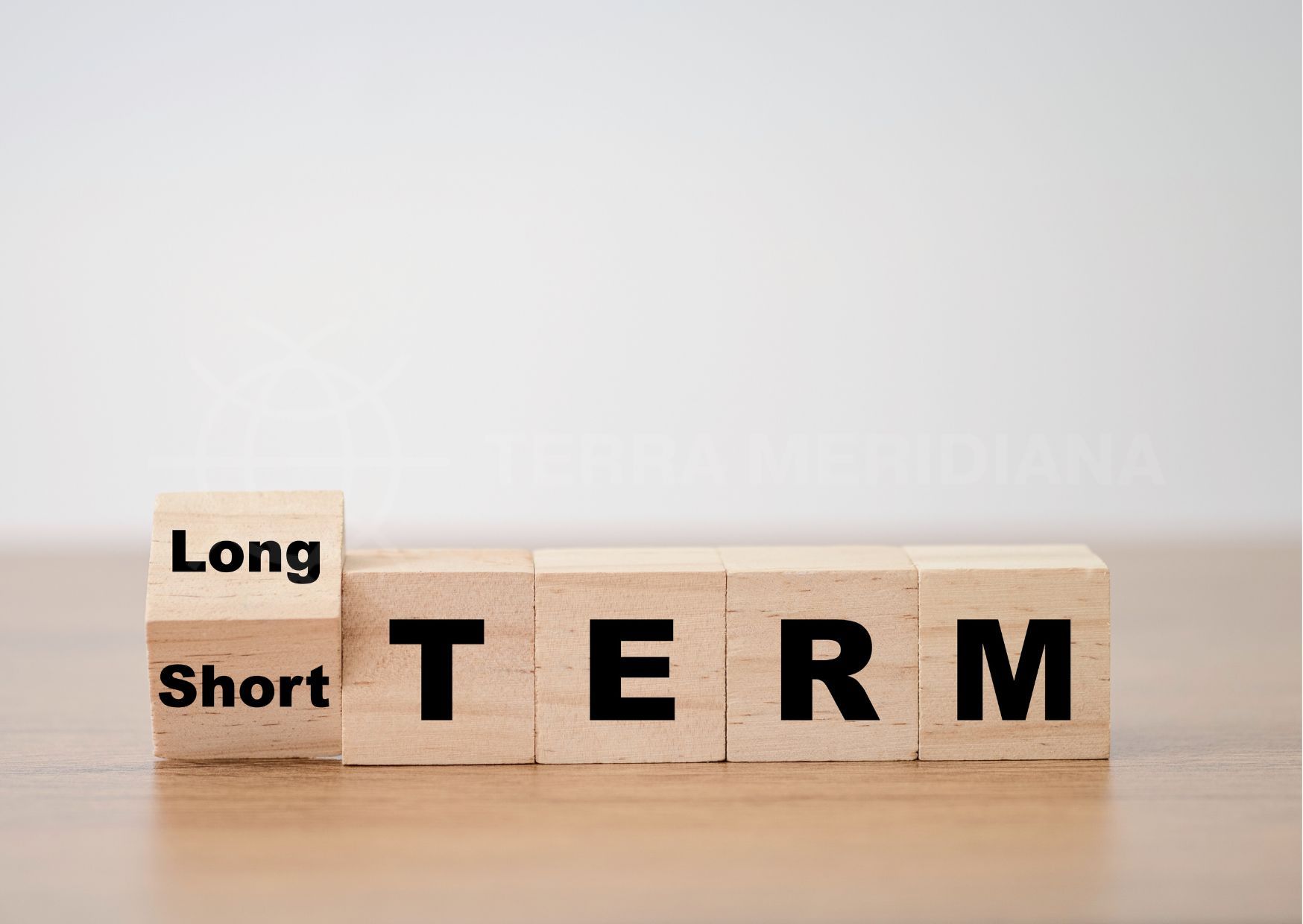
Opinion
New Housing Law Aims to Address Problem, But Raises Concerns
The Spanish government’s new housing law came into effect at the end of May and continues to be the source of much debate. While it intends to address the housing crisis in Spain, there are concerns that it may have unintended negative consequences.
Critics argue that it may lead to landlords leaving the rental market, a potential rent increase, and exacerbating the housing crisis.
Writing in Spanish Property Insight, Mark Stüklin argues that already the law is already having a chilling effect.

“Owners of flats to rent in [Madrid and Barcelona] have switched en masse from the long-term to the mid-term rental market in response to this government’s housing law that intervenes heavily in favour of sitting tenants and squatters. Quite predictably, most landlords have left the long-term rental market.”
It’s too soon to know for certain if this is, in fact, happening and if it is a long-term trend or other factors.
But if property market watchers note this immediate reaction, it suggests that, at the very least, the immediate impact on landlords is negative.
The scale of the switch to medium-term contracts that Stüklinnotes in rental listings in Barcelona and Madrid is striking in its scale. Both cities’ rental listings have gone from 70-80% being offered as long-term rentals to just 20-30%.
It is likely that, at best, the phenomenon is a mix of fear and seasonal factors. Whatever the balance, it is a warning sign.
Rent Controls
Recent Eurostat data reveals that two out of three young people under the age of 34 in Spain live with their parents, with the lack of affordable rental properties playing a significant role in this trend.
Many landlord and real estate industry advocates suggest that a more effective approach to the problem would involve offering financial incentives to landlords to increase rental stock rather than attempting to manipulate the market.
One aspect of the new housing law involves setting limits on the rent increases that landlords can impose on tenants.
This measure is intended to improve affordability for long-term tenants who began renting prior to 2019. And it’s true, people deserve and need affordable housing that doesn’t eat up their entire pay packet.
However, rent controls could have the reverse impact, especially with the rent increases set below the inflation rate.
It is true that when a tenant leaves, a landlord is free to increase the rents to “catch-up” with inflation. Still, it will discourage long-term rentals, where the rent increases fall further and further behind each year that a tenant remains.
It will also discourage landlords from performing the upkeep of a property since they are unable to recoup expenses in the form of rent increases.
Ironically, this could lead to a decrease in rental properties overall, an increase in rents due to the supply-demand dynamic, and a decline in the quality of rental properties.
Mikel Echavarren, CEO of Colliers, expressed concerns in thelocal.es that the rent control measures could result in a decline in property maintenance: “The freezing and intervention of rents will create ghettos of real estate where it is not profitable to undertake renovations aimed at increasing their sustainability since said investments will not be reflected in rent increases under this law.”
Another aspect of the law designates certain areas as “stressed,” where even stricter rent controls can be enforced. This measure is intended to address situations where rental prices and basic utilities comprise more than 30% of average income.
However, critics argue that this measure may not accurately reflect the true nature of the problem and could unfairly penalize landlords.
Antonio Carroza, president of Alquiler Seguro, warned in elEconomista.es that the new law might revive a black market in rental properties: “We are concerned that renting will again become the last option to access decent housing in Spain.”
What if a tenant doesn’t pay their rent?
Additionally, the law’s eviction requirements have also raised concerns about deterring landlords from entering the rental market. The new provisions place the burden on landlords to provide information on tenants in eviction proceedings and extend the deadlines for evictions, making it more challenging for landlords to recover their properties.
In the event of an eviction, the onus is on the landlord to provide information on the tenant. They must justify whether the home is the habitual residence of the non-paying tenant and guarantee that they, the landlord, are not large holders – in other words, own more than five properties.
If they are a large holder, then, according to Spanish language news publication 20 Minutes, the landlord “must include information on the situation of vulnerability or not of the ‘tenants’.”
These provisions are intended to protect a tenant from unfair eviction or being evicted because of a financial crisis. Ironically, what it does is insist that the landlord invade the privacy of the tenant to prove that they aren’t in a precarious situation. If the tenant is in a precarious situation, eviction can be delayed for up to two years.
Obviously, no one should be thrown into the streets because they are unemployed through no fault of their own. However, is it fair for individual landlords to have to support tenants? Should it be up to landlords to seek out social assistance for their tenants? Is it fair to put that responsibility upon them when their role is to provide housing?
It seems like the government wanted the benefits of having a social housing program without the political cost of spending tens of billions to build social housing. Instead, they are demanding that landlords take on the responsibility with no or minimal financial gain for themselves.
In some ways, it doesn’t matter whether it is “just” or not. If someone was thinking about becoming a landlord and saw the extra burdens that this law puts upon them, are they likely to consider it a viable source of income? Or are they likely to look elsewhere?
Answer those questions, and I think we will know whether the new housing law will succeed in the lofty goals that have been set for it by the current government.
By Adam Neale | Opinion | June 13th, 2023
Related Posts


